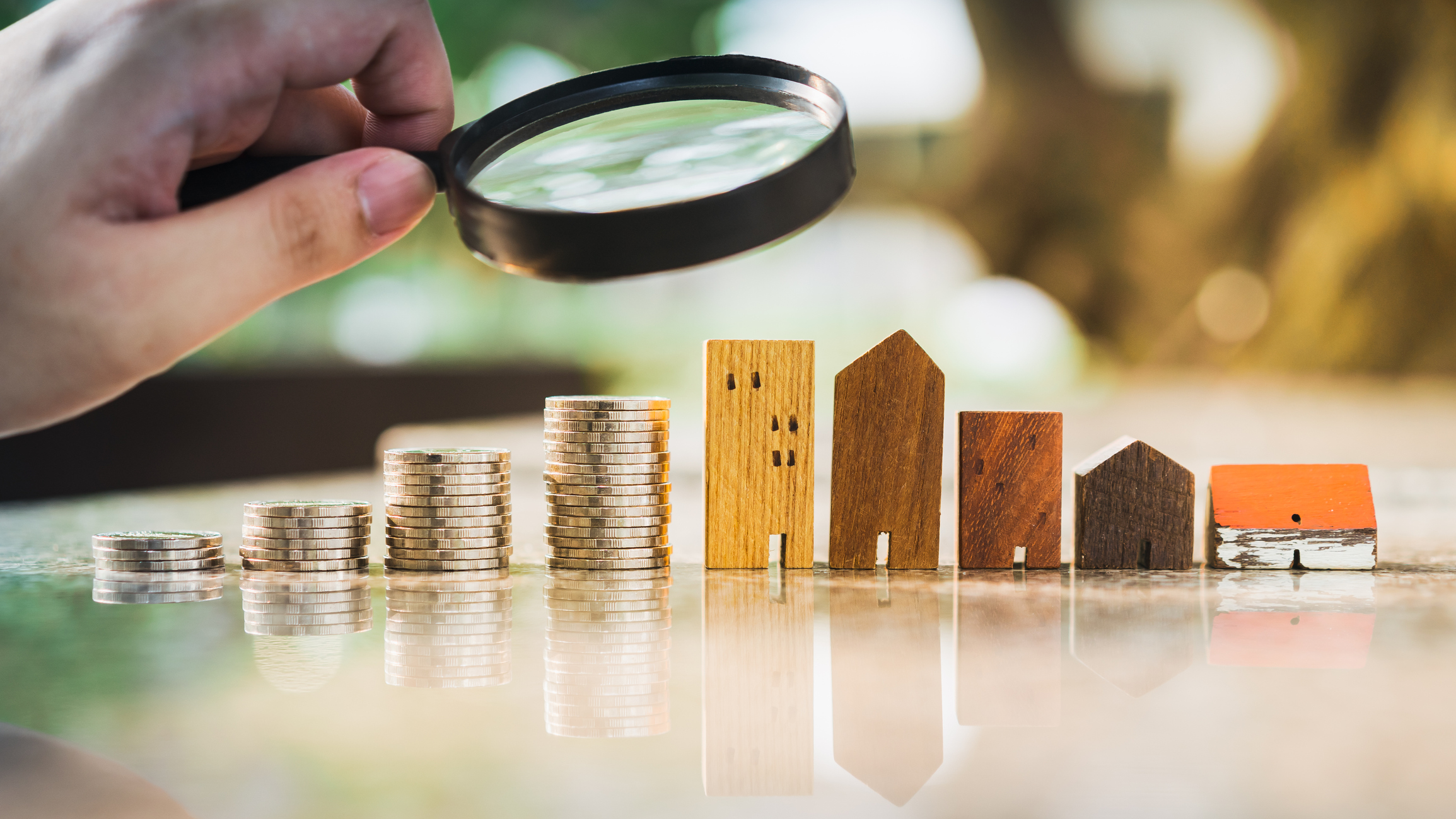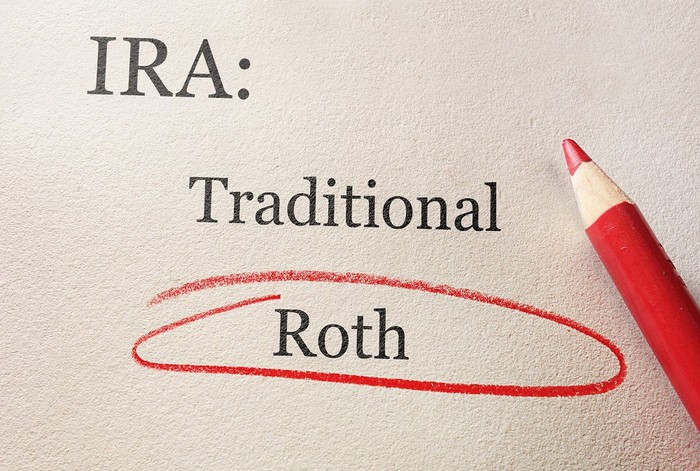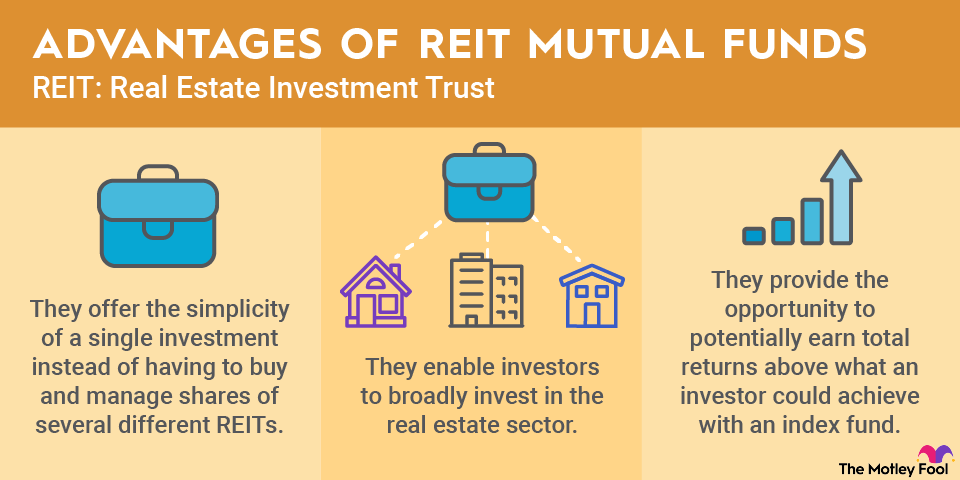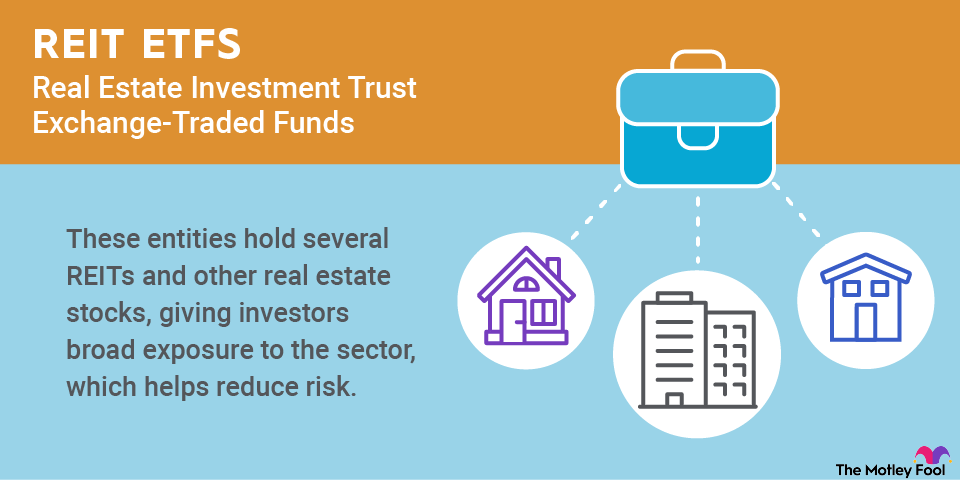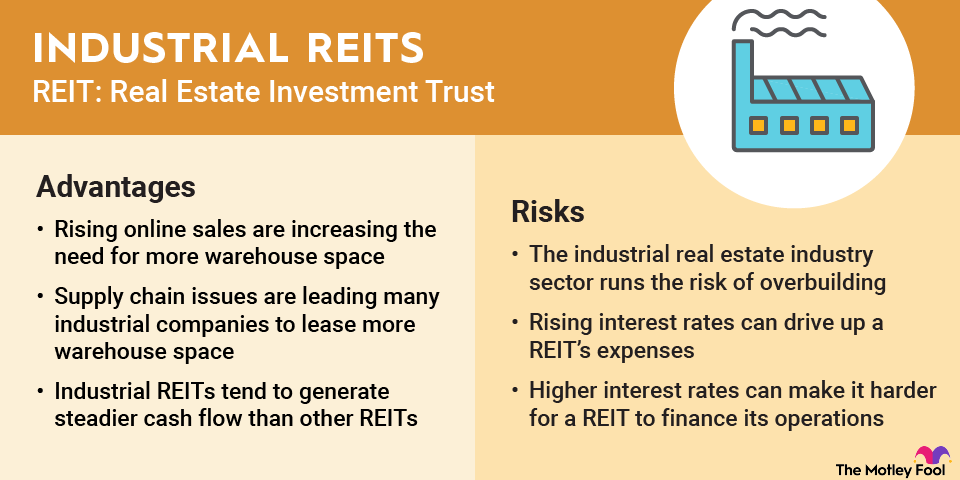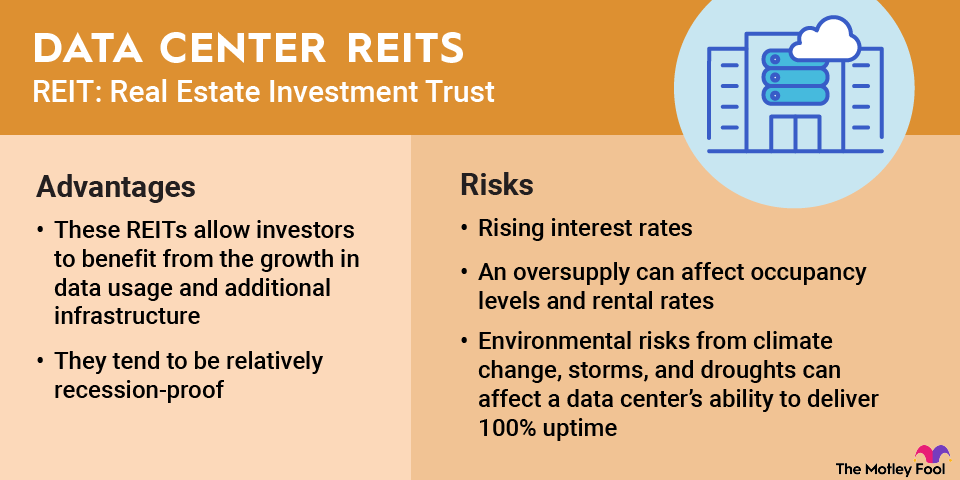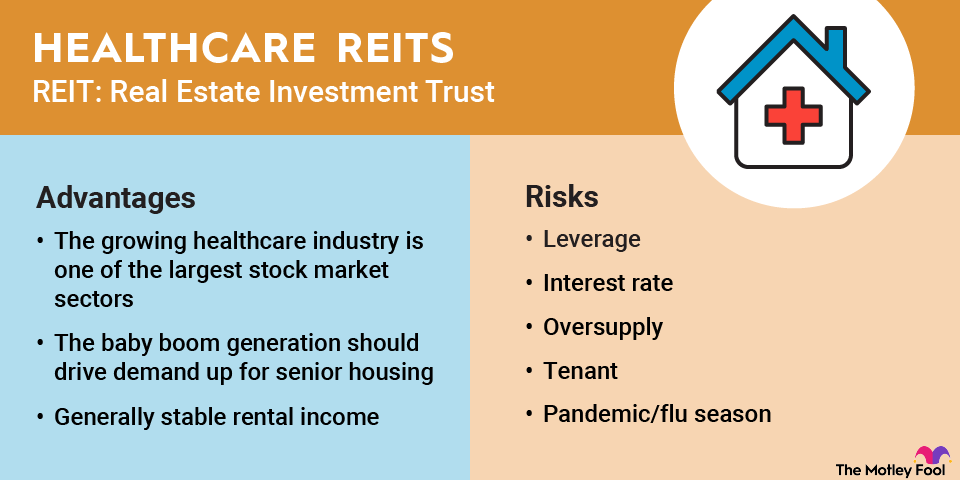Residential REITs are real estate investment trusts that invest in residential properties, like apartment complexes or mobile home parks. For investors looking for more long-term investments that are "steady as she goes," residential REITs can provide both stability and growth. Because these shares represent very real and viable real estate investments, they can feel a lot more secure than investing in growth stocks that may start out with fewer assets and more debt. Residential REITs aren't sexy, but they represent vital property types society can't function without.

Understanding residential REITs
There are many different types of real estate investment trusts (REITs), but residential REITs are one of the most popular types. It may be because they're familiar, in a way, and represent something everyone needs: a home. Residential REITs buy and hold property and then rent the property to tenants using gross leases. Sometimes they sell properties to upgrade other properties or to make new and similar acquisitions, but it's always with the goal of improving the rate of return on their investments.
Residential REITs can hold virtually any collection of residential rental property, from hundreds of single-family homes to mobile home parks, boutique apartment buildings, or huge multifamily complexes. Generally, REITs buy and hold property that's too expensive for most investors to purchase individually, putting residential investment property within reach of many more people.
Advantages of investing in residential REITs
Real estate investing through residential REITs is great for anyone looking for something very dependable as a stand-alone investment or even to balance more risky investments as part of their investment strategy. There are several good reasons to choose residential REITs:
1. Residential REITs tend to be recession-proof
Because everyone needs someplace to live, residential REITs tend to perform well even in the worst of times, like a recession. Office workers might not always need offices, and industrial spaces may experience contraction, but people always need places to live, no matter where they're located or how much money they make. That's why residential REITs are often seen as a recession-proof investment.
2. The demand is increasing
The population is increasing, and more people are choosing to live alone, putting a lot of pressure on the rental market. There are more households in need of rentals, which good residential REITs are happy to provide. As demand increases, so do rents, generating reliable income for REIT holders.
3. Fewer people are able to buy homes
Years of inventory shortages have driven home purchase prices through the roof, making it harder for people to buy their own place. Because of larger down payments and a tougher loan qualification process for most potential buyers, more people are choosing to rent for longer periods as they work on their credit and build up their savings.
Risks of investing in residential REITs
Although residential REITs as an investment type tend to be very stable and dependable, individual REITs are far from guaranteed winners. There are still plenty of risks to be aware of, especially if you're looking to hold for the long term.
1. Consider the housing market
There's always a chance that a housing market that's hot today will be cold tomorrow. Economic factors such as the collapse of a large local employer can quickly change the profile of workers who rent from a residential REIT. When choosing a residential REIT, look for properties that have room to move if local incomes shrink or housing values fall.
2. Over-leveraged REITs can be risky
Residential REITs often have to take on considerable debt in the beginning or if they're working on a new project or a large acquisition. If the debt creates an excessive financial burden, it can destabilize the business. A residential REIT shouldn't be essentially living paycheck to paycheck and unable to absorb a major financial blow, whether it's new or well-established.
3. Oversupply can hurt occupancy and rent rates
In a hot market, it's tempting for a residential REIT to go all out. It's one thing to juggle a portfolio that's reasonably balanced between several markets or several types of rental property, but it's quite another to put most of your money in one place. Oversupply is a residential REIT killer, especially for those that are over-leveraged.
4. Climbing interest rates can create challenges
Residential REITs often carry debt. Loans allow them to upgrade properties, make new acquisitions, and speculate without taking a big bite out of capital funds. When interest rates are low, the cost of debt is almost nothing, so it's easier to make upgrades that allow them to increase rents or improve the lives of their tenants.
When debt gets costly, however, all kinds of dominoes may start to fall. For example, not being able to leverage improvements affordably could mean some properties fall from Class A to Class B, or even from Class B to Class C, which may decrease the rent each unit will bring.
Three top residential REITs to buy in 2026
As with all classes of REITs, there are more than a few really good choices in the residential space. Companies that have studied their markets and are prepared for hiccups make great long-term investments.
1. Camden Property Trust

NYSE: CPT
Key Data Points
2. Mid-America Apartment Communities, Inc.

NYSE: MAA
Key Data Points
Besides having a huge and diverse portfolio of more than 96,000 units, Mid-America Apartment Communities (MAA +1.22%) is positioned well to grow for the long term. Rather than focusing primarily on building, it has improved its holdings by purchasing and remodeling units that appeal to a middle-income demographic. Its $17.3 billion in gross real estate assets are encumbered by just $5.9 billion in liabilities, giving the company some wiggle room for property improvements, as well as more money going straight into investors' pockets rather than to interest payments.
3. UMH Properties
Related investing topics
A more stable, hands-off investment
Investing in residential REITs can provide the stability inherent in real estate investing, especially if you're not particularly interested in doing maintenance or dealing with tenants. Instead of doing the daily hands-on, you're letting your money work for you while someone else handles professional property management and all the other headaches associated with being a landlord.

